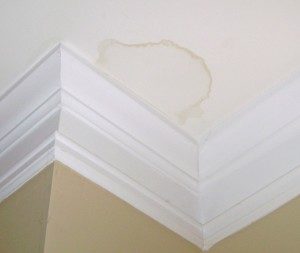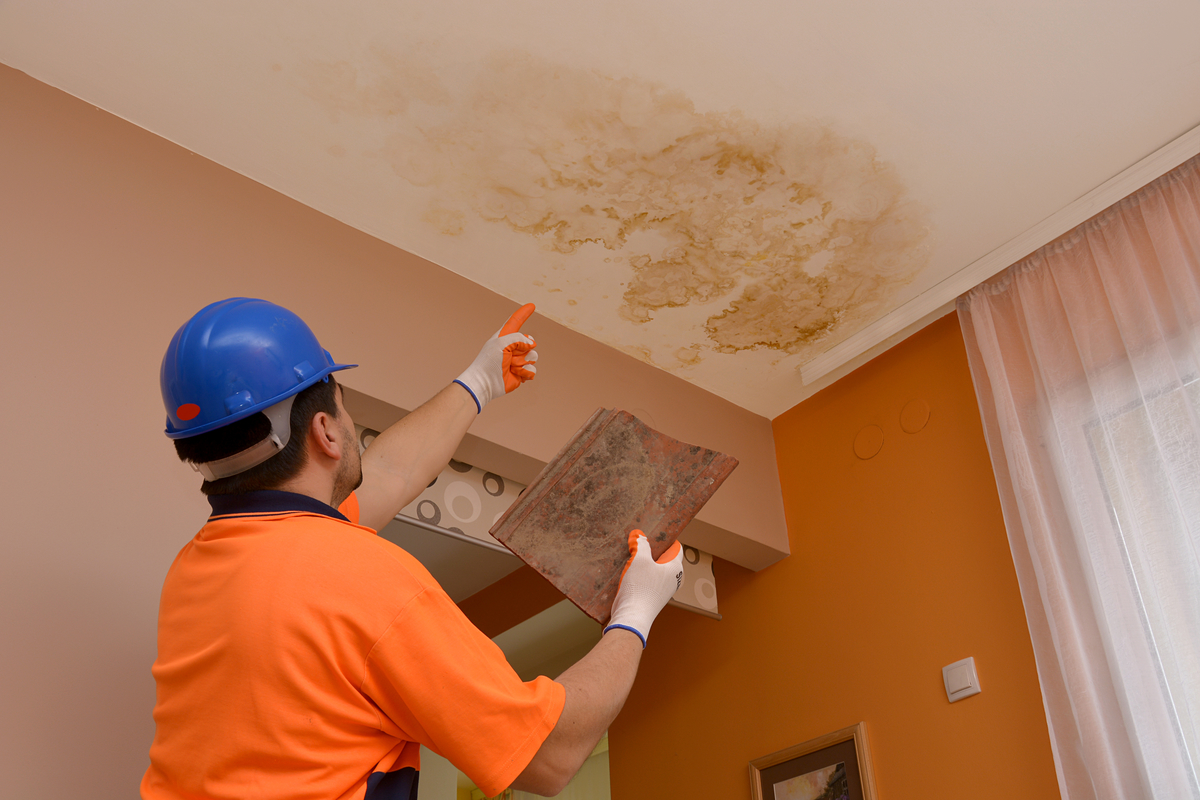Spot Common Factors for Water Leakage in Your Residence
Spot Common Factors for Water Leakage in Your Residence
Blog Article
We have encountered the article relating to Common Water Leaks In House listed below on the net and figured it made perfect sense to write about it with you here.

Leaks not only create waste of water but can also cause unneeded damage to your home and also advertise undesirable natural development. By looking as well as recognizing for everyday scenarios that cause leakages, you can protect your home from future leakages and unnecessary damages.
Instant temperature level modifications.
Extreme temperature level changes in our pipes can trigger them to broaden and also contract unexpectedly. This expansion as well as tightening might cause splits in the pipes, particularly if the temperature level are below freezing. It would be best if you kept an eye on how your plumbing functions. The existence of the previously pointed out conditions frequently suggests a high risk.
Rusty water systems
As time passes by, your plumbing system ages and rust such as corrosion may begin eating away the pipelines. This could be the reason for staining or bending on your pipes. This requires an assessment with your plumber right away. Think about replacing the pipelines since they are at a greater risk of deterioration than the newer models if our plumbing system is old.
Malfunctioning Pipe Joints
The point at which your pipelines attach is often the weakest web link in the waterline. Pipe joints can weaken in time, causing water leaks. However, the majority of pipe joints are not quickly visible. If you have loud pipes that make ticking or banging sounds, specifically when the hot water is switched on, your pipeline joints are probably under a great deal of pressure. It is advisable to have your plumber inspect your system yearly.
Intruding origins
Most water leakages begin outside your house instead of inside it. If you observe an unexpected reduction in water stress, state in your faucet, require time to head out and also analyze your lawn. You may observe wet spots or sinkholes in your lawn, and that might indicate that tree roots are getting into water lines creating water to permeate out. You can have your plumber look for invasion, particularly if you have trees or shrubs near your home.
Poor Water Connectors
At times, a leakage can be caused by loose hoses and pipelines that provide your home appliances. In case of a water connections leak, you might discover water running straight from the supply line or puddles around your home appliances.
Clogged Drains
Clogged drains may be annoying as well as inconveniencing, however they can sometimes end up creating an overflow resulting in break pipelines. Keep getting rid of any products that might go down your drains that can clog them to prevent such aggravations.
All the above are root causes of leaks but not all water leaks arise from plumbing leakages; some leaks might come from roof leakages. All leakages ought to be fixed instantly to avoid water damages.
Leakages not just cause waste of water but can likewise trigger unneeded damages to your home as well as promote unwanted organic development. By recognizing and looking for day-to-day scenarios that cause leaks, you can secure your house from future leaks and unnecessary damage. Today, we will look at 6 leakage creates that might be causing your pipelines to trickle.
At times, a leakage can be triggered by loose hoses and pipelines that supply your home appliances. In case of a water links leakage, you might discover water running straight from the supply line or pools around your devices.
How To Check For Water Leak In Your Home
How To Check for Leaks
The average household's leaks can account for nearly 10,000 gallons of water wasted every year and ten percent of homes have leaks that waste 90 gallons or more per day. Common types of leaks found in the home are worn toilet flappers, dripping faucets, and other leaking valves. These types of leaks are often easy to fix, requiring only a few tools and hardware that can pay for themselves in water savings. Fixing easily corrected household water leaks can save homeowners about 10 percent on their water bills.
To check for leaks in your home, you first need to determine whether you're wasting water and then identify the source of the leak. Here are some tips for finding leaks:
Take a look at your water usage during a colder month, such as January or February. If a family of four exceeds 12,000 gallons per month, there are serious leaks.
Check your water meter before and after a two-hour period when no water is being used. If the meter changes at all, you probably have a leak.
Identify toilet leaks by placing a drop of food coloring in the toilet tank. If any color shows up in the bowl after 10 minutes, you have a leak. (Be sure to flush immediately after the experiment to avoid staining the tank.)
Examine faucet gaskets and pipe fittings for any water on the outside of the pipe to check for surface leaks.
Undetected water leaks can happen without the home or business owner even realizing. If you suspect a water leak, but not able to find the source. It is time to contact a professional water leak detection service, The Leak Doctor.
How To Find a Water Leak In Your Home
https://www.leakdoctor.com/blog/How-To-Check-For-Water-Leak-In-Your-Home_AE197.html

As a devoted person who reads about Most Common Causes of Leaky Pipes, I assumed sharing that piece of content was a good thing. Are you aware of somebody who is fascinated with the niche? Why not promote it. I take joy in reading our article about Common Water Leaks In House.
Protect your home, dial! Report this page